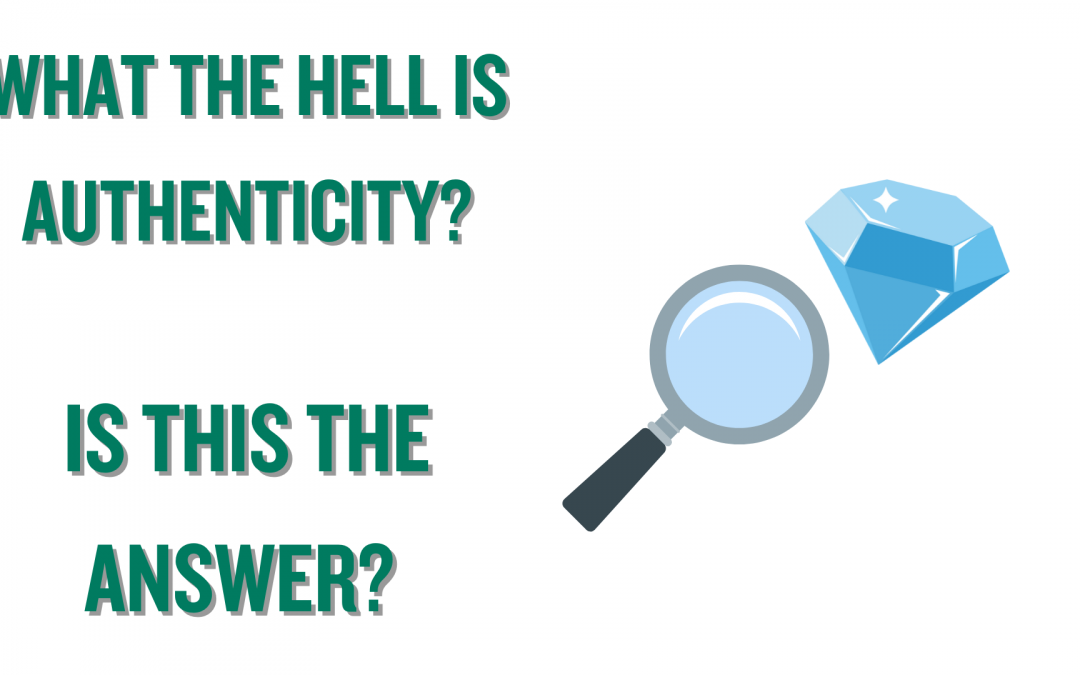Authenticity is a term that has entered the vernacular in the world of people and organisation development. It is a term that might be running into trouble.
Whether it is debated in writing or in person, it is clear that different people have a different take on the term and some can be very pejorative.
Authenticity is often described as the quality of being genuine, sincere, and true to oneself. It refers to the degree to which a person’s actions, behaviours, and words align with their beliefs, values, and identity. Authenticity involves being honest with oneself and others, expressing one’s true thoughts and feelings, and living in a way that is consistent with one’s values and beliefs.
Some describe authenticity in terms of honesty, reliability and consistency, “what you see is that you get”, being true to your values, your deepest self, and a realisation of your deepest character traits. These ideas have some serious flaws.
What happens if the situation changes, and it would be optimal for you to operate differently – perhaps in conflict with your deepest held beliefs? Is compromise acceptable or does your authentic self mean that “it’s your way or not at all”?
If we accept the idea of situational leadership this might be a problem, particularly when you may be providing leadership to a group whose values may be broadly similar to yours but not so perfectly aligned. How do we account for other’s authentic self in this scenario?
Similarly, what happens if your authentic life clashes with that of others who are important to you?
Perhaps reliability and consistency, and the potential for being inflexible and uncompromising, are not so virtuous after all.


